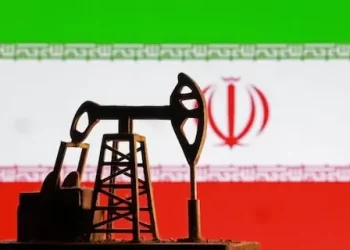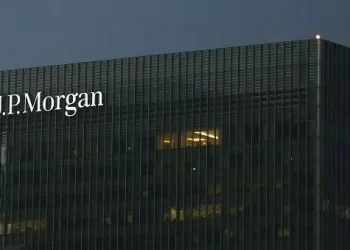US natural gas futures eased about 1% to a two-week low on Monday as output slowly rises and on forecasts for less hot weather and lower cooling demand next week than previously expected.
That price decline came despite forecasts for more hot weather and cooling demand this week than previously expected.
Front-month gas futures for July delivery on the New York Mercantile Exchange fell 2.6 cents, or 1.0%, to $2.679 per million British thermal units (mmBtu) at 8:51 a.m. EDT (1251 GMT), putting the contract on track for its lowest close since June 4 for a third day in a row.
US natgas prices fall ahead of storage report
Recent declines in the July contract boosted the premium of futures for August over July to a record high – currently 14 cents per mmBtu – for a second day in a row.
Supply and demand
Financial firm LSEG said gas output in the Lower 48 US states rose to an average of 98.4 billion cubic feet per day (bcfd) so far in June, up from a 25-month low of 98.1 bcfd in May. That compares with a monthly record high of 105.5 bcfd in December 2023.
Analysts said the production increase, which started in late May, was a sign that some drillers were slowly boosting output after a 47% jump in futures prices in April and May. Prices were also up about 5% so far in June.
On a daily basis, output hit a 10-week high of 99.6 bcfd on Sunday. So far in June, CEOs at EQT and Chesapeake Energy said their companies have started to boost output.
Overall, however, US gas production was still down around 7% so far in 2024 after several energy firms, including EQT and Chesapeake, delayed well completions and cut drilling activities after prices fell to 3-1/2-year lows in February and March.
Chesapeake is on track to overtake EQT as the biggest US gas producer after Chesapeake completes its planned merger with Southwestern Energy.
Meteorologists projected weather across the Lower 48 states would remain hotter than normal through at least July 9 – just not as hot as previously forecast. LSEG forecast that heat would boost the amount of gas power generators burn to keep air conditioners humming.









